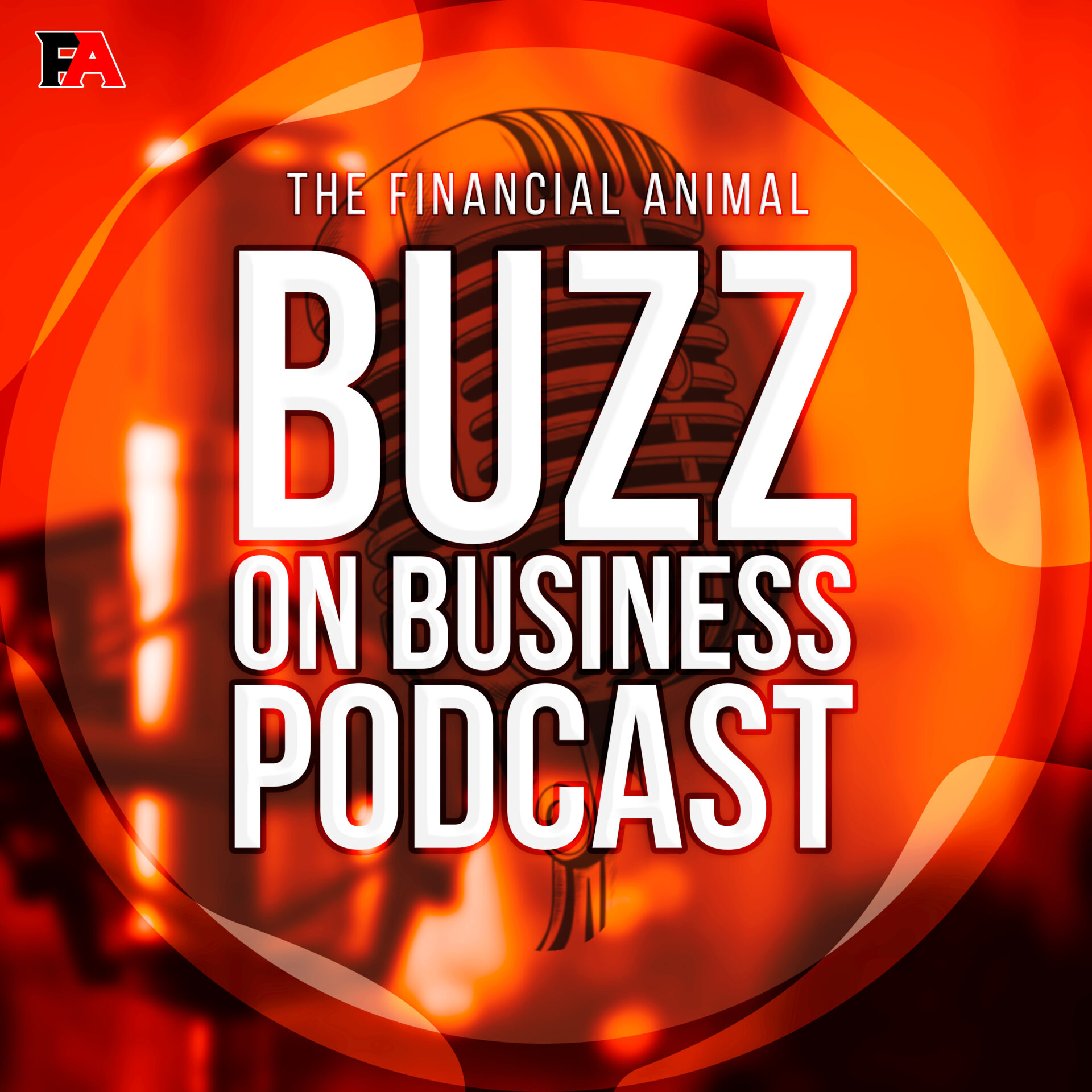
Because we care about our podcast listeners, we watched the testimony of Federal Reserve Board Chairman Jerome Powell before the United States Senate yesterday morning. We even watched, in horror, some of the questioning of Chairman Powell by the assembled United States Senators until nausea overtook us, and we were forced to retreat to the pages of the National Enquirer to get some relief.
At Financial Animal, we’re sanguine about the present and optimistic about the future. Watching politicians in action, regardless of party or platform, causes us to question and doubt that optimism.
Particularly galling was the oft-made claim that inflation is wholly or mostly a function of corporate greed. Corporations are greedy, that I don’t deny. But, inflation generally, and especially this bout of inflation—the one we are currently experiencing—is wholly a function of the unprecedented increase in the supply of money that has been a cornerstone of federal government policy for the last sixty years and which accelerated to unprecedented, unsustainable and truly frightening levels beginning four years ago.
That increase in the money supply was made necessary to accommodate the policy actions of those very same politicians who excoriated Jerome Powell before the TV cameras yesterday morning. They did it. Jerome Powell aided and abetted it and deserves his share of the blame, but they did it. And now they are looking for someone—anyone—to blame.
Inflation is a tax on poor people, on people who work, especially those who work and who use most of their income to maintain their standard of living.
The people who support these politicians don’t give a damn about fighting inflation; they care about interest rates. High-interest rates will put them out of business. New York Community Bank, now in its death throes, is just one example among many.
The people who support these politicians, who spend millions on lobbying and millions more on campaign contributions, don’t care about inflation. If you collect rent, inflation is your friend! They care about interest rates—the one tool the Fed has to fight inflation. Keep that in mind as you watch the evening news.
And you know what? Interest rates aren’t even all that high.
A seesaw of a day on Wall Street yesterday, but stocks finished mostly higher on decent volume.
Bonds were mixed.
All eyes were on Jerome Powell’s testimony before the US Senate yesterday, but as expected, he didn’t break any news. Inflation is too high, and the economy is too strong to cut rates anytime soon. But we’ll cut rates sometime soon. Yadda, yadda, yadda. You figure it out.
But that’s not all of the economic news we had. The ADP Non-Farm payroll report came in below expectations, but it’s often a bit more volatile than the government’s numbers. Economists were expecting 149,000 new jobs in February. We got 140,000 instead, but the JOLTS report came in well above expectations. The Street was expecting 8.8 million. We got 8.86 unfilled jobs instead.
Also, the Atlanta Fed released its GDP Now report. Expectations were that the economy grew at a 2.1% annual rate so far in the first quarter. It’s grown at a 2.5% rate.
Today, we get initial and continuing jobless claims and more testimony from Fed Chairman Jerome Powell.
We will have all of it for you tomorrow here.